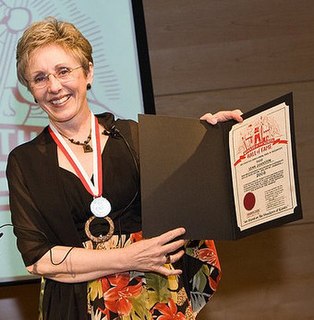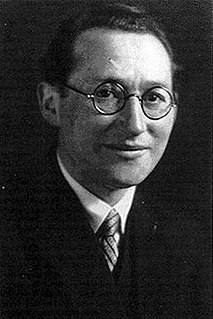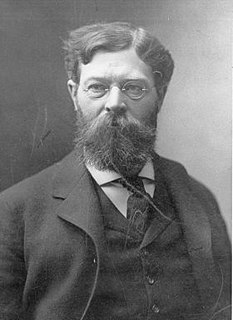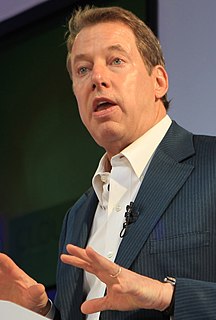A Quote by Diane Ravitch
Without knowledge and understanding, one tends to become a passive spectator rather than an active participant in the great decisions of our time.
Related Quotes
As you know, shibumi has to do with great refinement underlying commonplace appearances. It is a statement so correct that it does not have to be bold, so poignant it does not have to be pretty, so true it does not have to be real. Shibumi is understanding, rather than knowledge. Eloquent silence. In demeanor, it is modesty without pudency. In art, where the spirit of shibumi takes the form of sabi, it is elegant simplicity, articulate brevity. In philosophy, where shibumi emerges as wabi, it is spiritual tranquility that is not passive; it is being without the angst of becoming.
Of true knowledge at any time, a good part is merely convenient, necessary indeed to the worker, but not to an understanding of his subject: One can judge a building without knowing where to buy the bricks; one can understand a violin sonata without knowing how to score for the instrument. The work may in fact be better understood without a knowledge of the details of its manufacture, of attention to these tends to distract from meaning and effect.
In fact, entertainment has taken the place of celebration in the present world. But entertainment is quite different from celebration; entertainment and celebration are never the same. In celebration you are a participant; in entertainment you are only a spectator. In entertainment you watch others playing for you. So while celebration is active, entertainment is passive. In celebration you dance, while in entertainment you watch someone dancing, for which you pay him.
I entered the classroom with the conviction that it was crucial for me and every other student to be an active participant, not a passive consumer...education as the practice of freedom.... education that connects the will to know with the will to become. Learning is a place where paradise can be created.
Hire and promote first on the basis of integrity; second, motivation; third, capacity; fourth, understanding; fifth, knowledge; and last and least, experience. Without integrity, motivation is dangerous; without motivation, capacity is impotent; without capacity, understanding is limited; without understanding, knowledge is meaningless; without knowledge, experience is blind. Experience is easy to provide and quickly put to good use by people with all the other qualities.
Christian morality (so called) has all the characters of a reaction; it is, in great part, a protest against Paganism. Its ideal is negative rather than positive; passive rather than action; innocence rather than Nobleness; Abstinence from Evil, rather than energetic Pursuit of Good: in its precepts (as has been well said) "thou shalt not" predominates unduly over "thou shalt.
Kids don't need to be taught the value of making; they are natural makers, at least until traditional education makes them afraid of making mistakes. The long-term value of making for kids is in learning to become an active participant in the world around them rather than a consumer of prepackaged products and solutions.








































